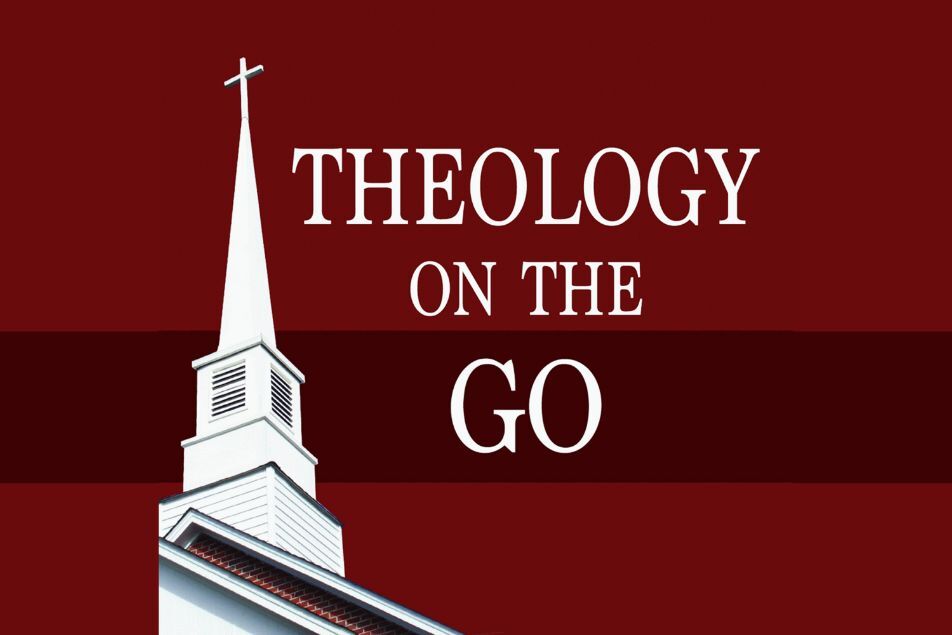Monday Mar 04, 2024
Zachary Groff, pastor of Antioch Presbyterian Church and managing editor of The Confessional Presbyterian Journal, joins James and Jonathan today to discuss the 19th annual edition of the publication, which celebrates the 50th anniversary of the Presbyterian Church in America. While serious-minded academically, the journal is accessible to readers from all backgrounds. One ringing theme is the intersection of faithfulness to the Scripture, being true to the Reformed faith, and obedience to the Great Commission.
It is a very helpful platform...or venue for promoting discussion among conservative and confessional evangelicals on matters not just of confessional theology but also, more broadly, speaking biblical theology, recent publications, and even ongoing debates. — Zach Groff
Get a copy to read about John Gresham Machen and his role in forming the PCA, the history and formation of the Standing Judicial Commission, a fascinating look at oaths and vows and witnesses in the courts of Presbyterian churches, and ecclesial unity and creation doctrine.
Congratulations to our winners, Cynthia C. from Jonesborough, TN and Stephen S. from Jacksonville, FL, each of whom won a copy of the 19th edition of The Confessional Presbyterian Journal!
Show Notes:
To order your copy of the journal: www.logcollegepress.com/confessional-presbyterian-journal
Greenville Presbyterian Theological Seminary: www.gpts.edu




















